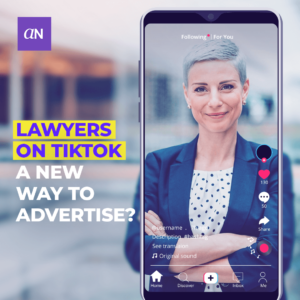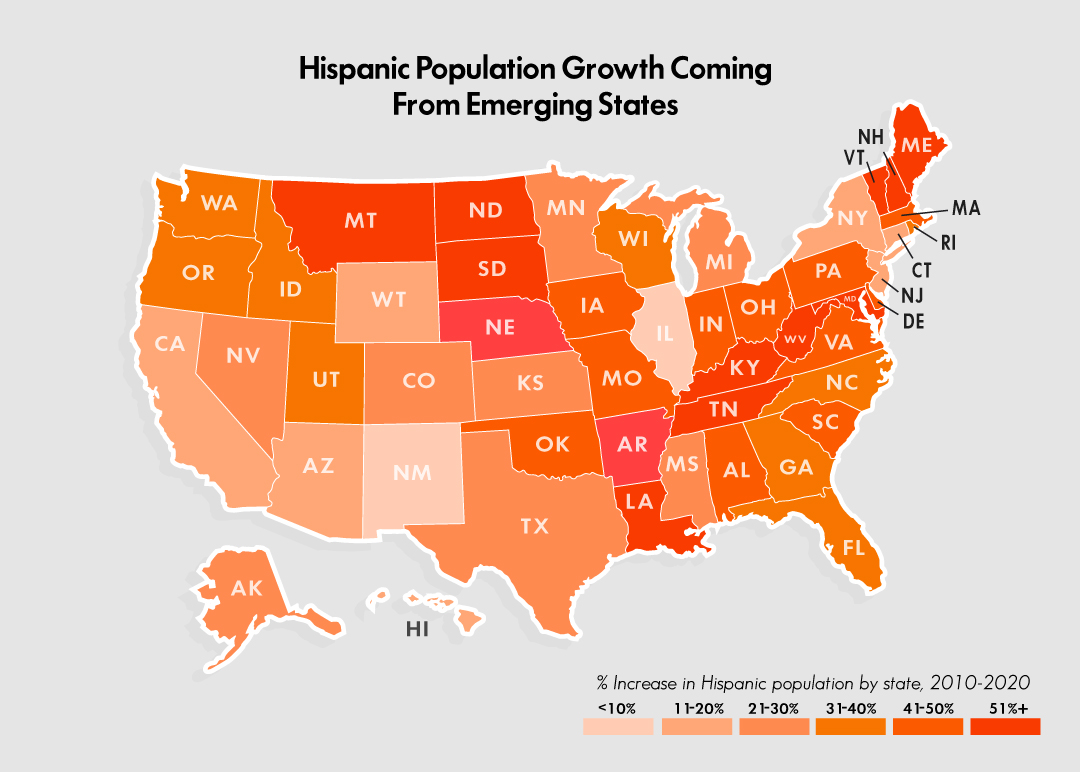Unlike other professional services, people searching online for legal help typically are not looking to celebrate a happy occasion. Potential legal clients normally search during times of crisis. Aside from coming into big money like a lottery, people who need a lawyer need answers and immediate relief (for instance, posting bail and appearing before a judge as soon as possible.) Think, client mindsets that may be closer to an Emergency Room visitor than someone planning a quinceñera.
Now imagine trying to do this search with language barriers — this is the reality for many non-native English speaking families.
During complex circumstances, people are looking for solutions. They have reached the end of their own coping strategies, and now, an expert is needed. As an attorney, the combination of your skills, client service, training, and strategy could help. You know this, but how can you connect their needs and your expertise, especially where a language barrier exists?
Here are some tips to gaining traction with bilingual referral and potential clients. You might be surprised by some of them!
Barriers to connection: Translation
Every page can be run through A.I. translation services, such as Google Translate, so translation isn’t an issue where someone logging on has the power to access their primary language — right?
Not so fast, Esq. The bots are getting there (debatable, but little by little improving.) Yet, A.I is not a reliable tool for trustworthy communication. Studies continue to conclude similar results: automatic translation for particular fields often results in misleading information. Medical and legal professionals rely on building trust with new clients based on the accuracy of relevant information. If the automated language translations don’t convey the professional’s intent, nuance, or ideas, then they may be doing your legal practice a disservice. They may even cross into communicating misleading information — yikes.
Quality translation requires a human sense of how people use specificity. Reach out to learn more about Abogados Now methods in web content translation.
Barriers to connection: Third-party translators
Did you know: for Spanish-dominant households, parents are not the only ones doing the English-language research or outreach. Recent migrants and non-native English speakers rely heavily on their younger family members and children to translate — even covering advanced topics like banking, healthcare, and legal services. That goes for conducting the initial web search. During the peak of COVID-19 lockdowns and school closures, children took on a greater breadth and depth of translations to deliver breaking news, mask mandates, and other rapid response updates. With a disproportionate impact on new immigrants, the pandemic’s effects in health and finances weigh heavily on the children of Spanish-dominant households.
The moment presents a watershed opportunity for attorneys who understand the needs of Hispanic Americans, Spanish-speaking migrants, and younger generations assuming this role in their families. Helping potential clients begins with breaking legal concepts into digestible, snack-sized ideas. For example, if you practice consumer protection law, consider that your primary consumer may not be the person conducting the online search. There may be a junior high student searching your site to help Mom and Dad with “money problems” or “credit card questions.” Does a teenager grasp the nuance of “financial representation”? Maybe; hey, let’s not underestimate the intelligence of teens, but consider alternate phrasing.
Barriers to connection: Mobile-friendly search
Hispanic Americans and recent immigrants are a demographic heavily using mobile services. The digital divide between Hispanic Americans and Anglo-Americans has narrowed as more recent immigrants and Spanish-dominant speakers connect their lives online. Since at least 2009, Hispanic Americans have not only accessed more information via web search, but Pew Research studies reveal how much mobile and online search are a growing part of Spanish-speaking new migrant’s daily life.
The market share of predominantly Spanish-speaking Hispanics searching for connections, goods, and services online has steadily grown over the last decade — with some studies estimating percentage growth from 51% to 78%. And, over the same period, those who consider Spanish their primary language have doubled internet use, resulting in a narrowed digital divide even among other Hispanics. As for mobile search, studies by Pew Research show that younger generations and folks who have undertaken the most formal education access online search and connections via mobile devices. Makes sense, with the myriad cell phone plans and options cropping up everywhere digitally and in real life. Have you noticed an uptick in Spanish-language advertising working to attract this niche demographic? Well, your competitors have.
What does this mean to legal service providers? It means your audience needs to find you not only online, but in mobile-responsive formats. If you’re offering a live chat, make sure dimensions fit the screen of a cell phone, not only the laptop or home office tower setup from the 1990’s.
Final thoughts
With increasing percentages of younger generations going online first, doing sophisticated searches for legal help with limited legal knowledge, and using their mobile devices to do it, the stakes have never been higher. Know your audience and meet them where they can find you. Offer web pages with easy to digest, down-to-earth phrases and concepts. Even for highly educated, Spanish-dominant potential clients, using relatable web page content and avoiding legalese will invite connections and build trust. Rather than trying to impress your web page visitors, build content that helps solve those problems. Do that, and who knows, after the legal storm passes you might score an invitation to the celebration (or, just get better referrals which is just as worthy of celebration.)





